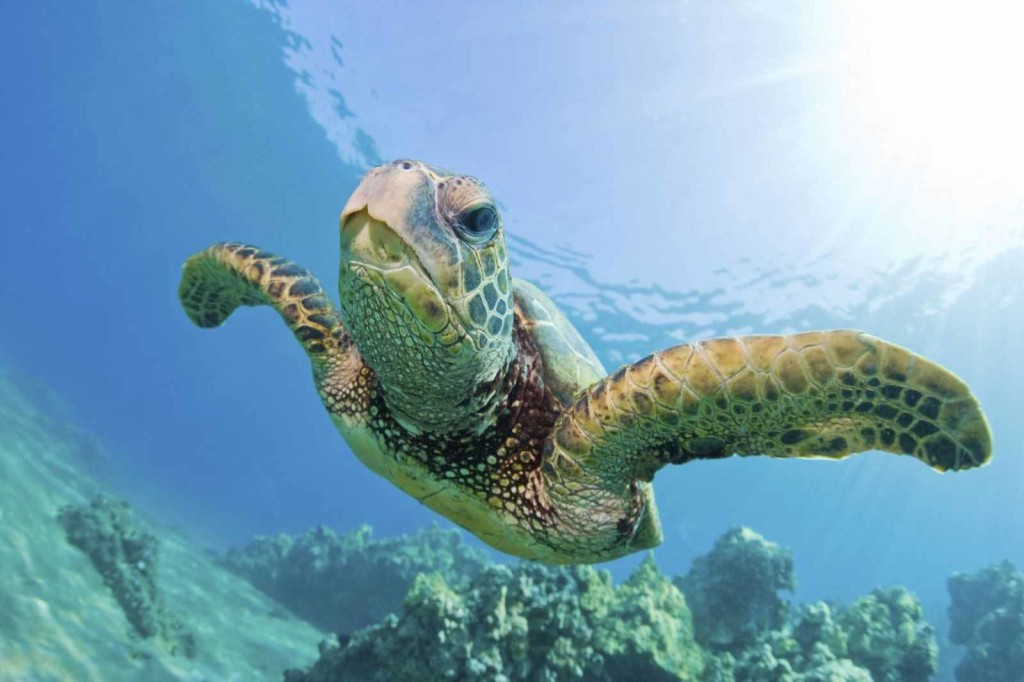Environmental organisation WWF-New Zealand, today cautiously welcomed the Ministry for Primary Industries’ new draft squid fishing plan and called for precautionary action to save the New Zealand sea lion. The ‘Squid 6T Operational Plan’, released today for consultation regulates trawling for squid around the Auckland Islands, home to the most important breeding colony of this endangered species.
In this plan, the Ministry has for the first time acknowledged uncertainties in the science about the impact that fishing has on the New Zealand sea lion. The plan, if adopted, will cover the two fishing years from October 2017 to September 2019.
“New Zealand sea lions are the rarest sea lion in the world,” said WWF-New Zealand campaigner David Tong. “They are a national treasure – but for too long the government has made unscientific assumptions in deciding how much fishing is allowed in their habitat. The recognition of uncertainty over the impact of fishing in this draft plan is a welcome change.”
The squid trawl fishery uses Sea Lion Exclusion Devices (SLEDs), but it remains unknown how many sea lions come into contact with fishing nets, and how well SLEDs work.
“New Zealand sea lions are affected by disease and food shortages, but accidental killing in fishing nets is known to be the biggest human threat to Aotearoa’s endangered sea lions,” Mr Tong said. “It is also the problem that we are most able to solve.
“What is now needed is a precautionary approach that reduces the number of sea lions allowed to be accidentally killed each year and investment in research to better understand the impact of fishing.
“WWF urges New Zealanders to speak out for sea lions and make submissions calling on the Ministry of Primary Industries to get this critical research done and take a precautionary approach to fishing in NZ sea lions’ habitat in the meantime.”





